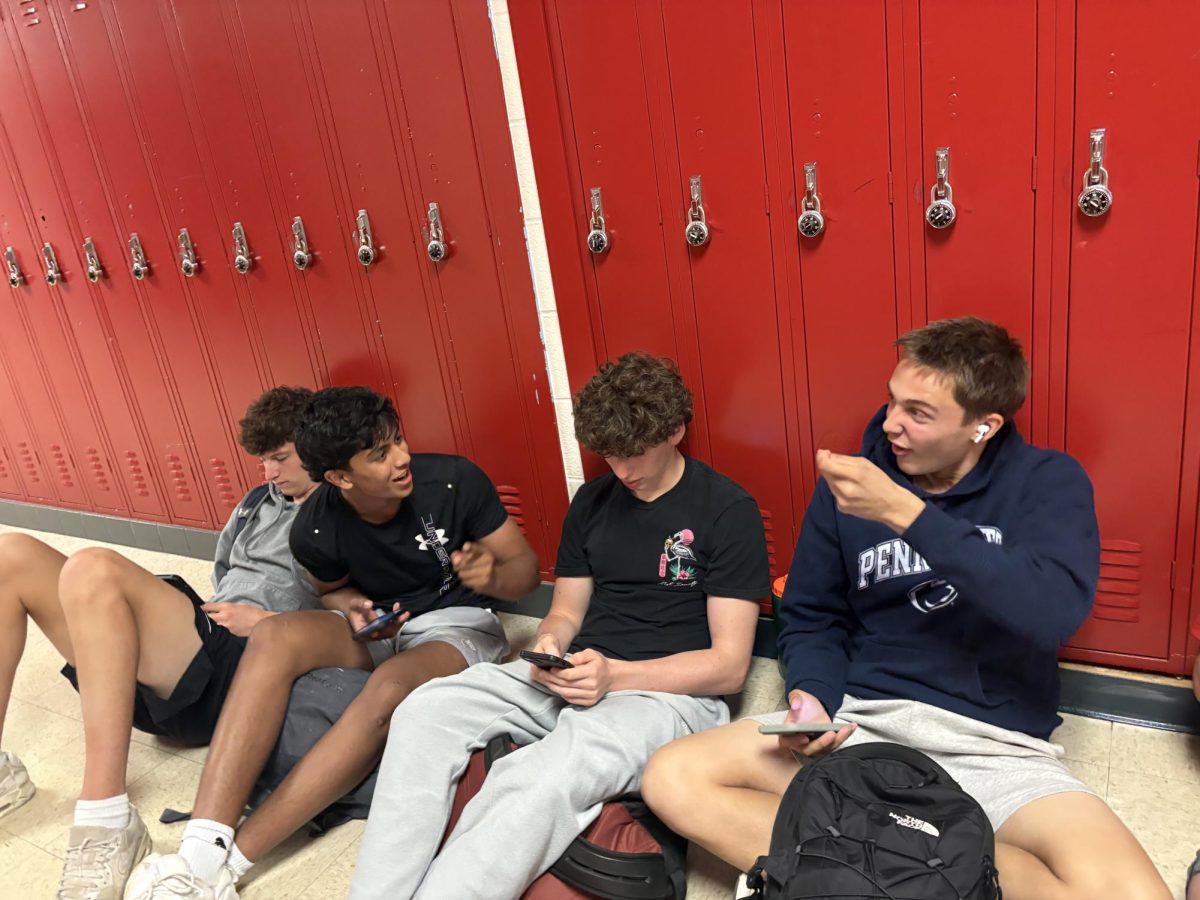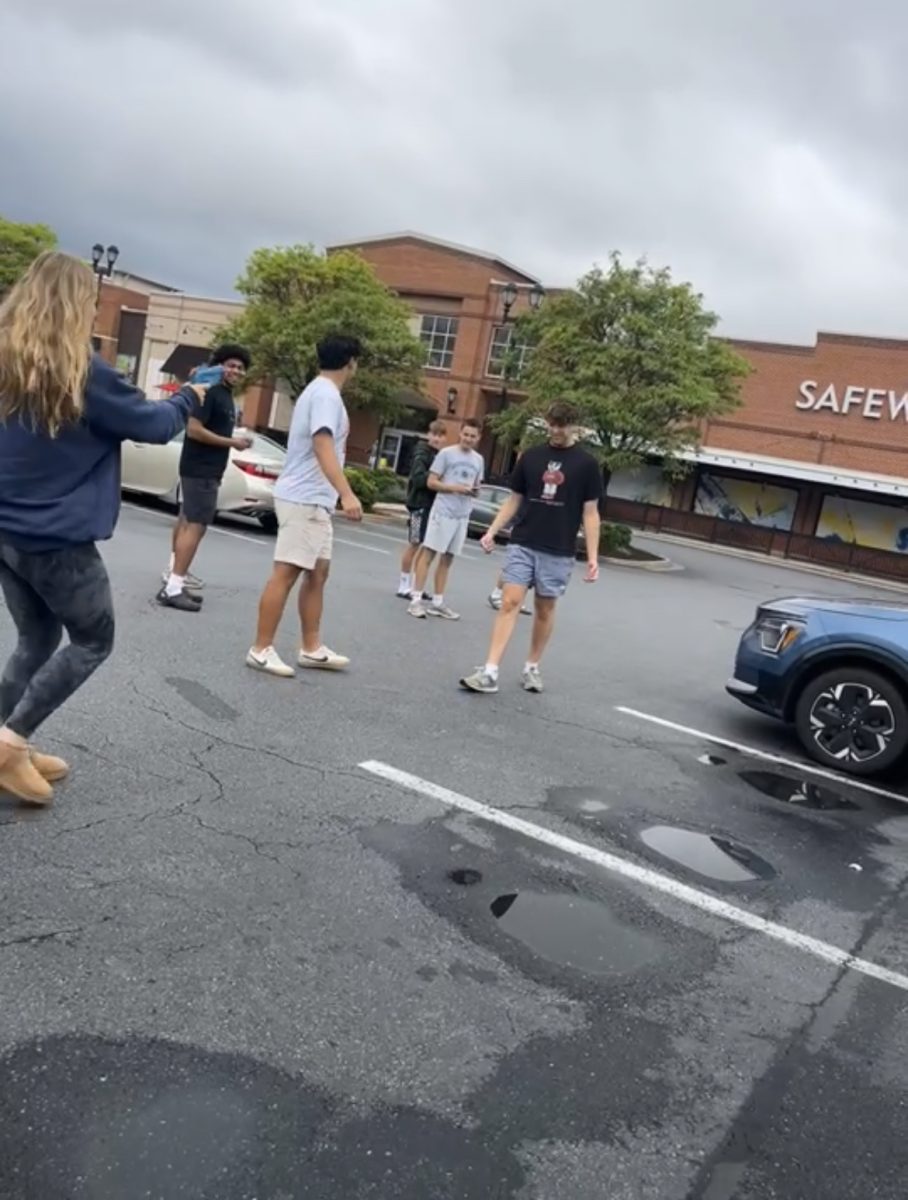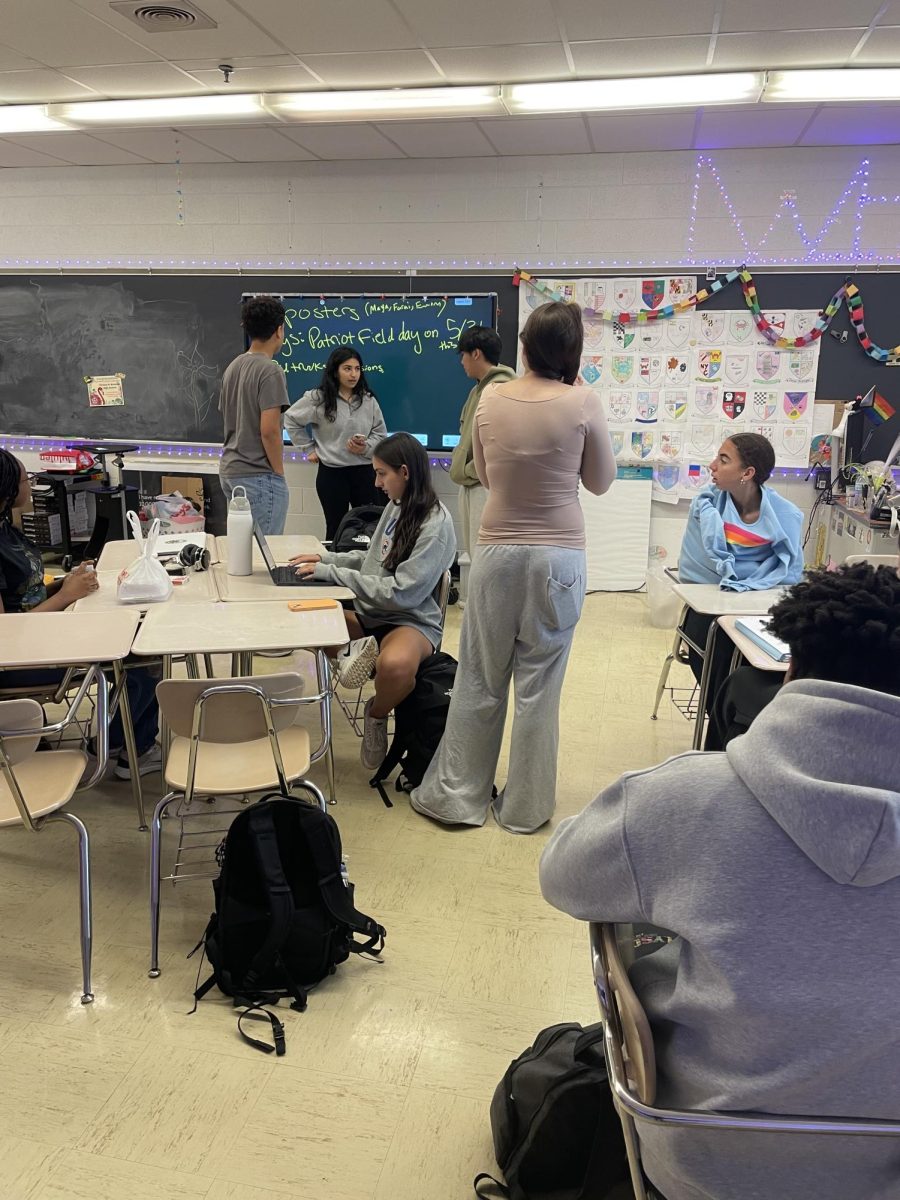Every country has moments of greatness in its history. But similarly to how people have bad days, a bad year is almost inescapable for a country. Economic downturns happen, no matter how hard we try to get around them; for every surplus, there is a recession.
The United States in particular has had quite a few bad years throughout its long history. From its foundation in 1776, it took 89 years until the abolition of slavery. It took 144 years until women got the right to vote. After 189 years, it was finally written into law that the disenfranchisement of African Americans at the voting booth was to be illegal. We didn’t elect our first non-WASP president (white Anglo-Saxon Protestant) until 1960. It took us 48 years after that to elect our first nonwhite president. And still, 240 years after the establishment our country, after all this time, a female president still eludes us.
A grand portion of our country’s history has been plagued by bad years that seem like they’ll never come to a close. Because of the enormous divides in our country at this moment—a moment in which liberals and conservatives are resorting to violence to express their beliefs, a moment in which the divide between whites and blacks and Americans of all colors and creeds deepens, a moment in which people of our country argue that perhaps the freedom to practice religion should be allowed, but that some religions are “more American” than other—there is a sense of anger and great fear echoing from cities to suburbs to the countryside.
Collectively, we are a hurting country. For the steel workers of Pittsburgh, the economic conditions are crushing. African Americans in Charlotte, N.C. wonder how much longer they’ll have to live in fear of the law. And yet, the worst part is that many of us, in this area, at least, will never be able to understand how truly terrible some of our fellow countrymen feel.
Across the country, people are looking to history to help us better understand the time we’re in. Quite a few people out there have compared this year to Germany in 1933, the year the Nazi regime rose to power. Though some might see that as a tad extreme, but there is a historical moment in our history that does define who we are today. In the American 1968, a tumultuous election divided a nation. Race relations were reeling. And in the background of all of it a war threatened American peace and prosperity. Look to history, and you’ll realize that 2016 is becoming a modern 1968.
In the 1968 election, former Vice President Richard Nixon, a Republican, won that year’s election with a reliance on the South and a strategy of harnessing the anger of the “silent majority.” Bolstered by an overwhelming desire for law and order, Nixon carried 32 states to his Democratic opponent, Hubert Humphrey’s, 13 and Alabama Governor George Wallace’s five.
Here we are in 2016, with our election behind us, having been stunned by Donald Trump’s ability to ride that wave of the silent anger among Americans across the country. In Michigan, in Pennsylvania, in Wisconsin and Ohio, the hurt felt by many Americans triumphed over the hate of his campaign. Notably, in both elections, third party candidates demonstrated that level of disinterest in the major political parties. Evan McMullin, Gary Johnson, and Jill Stein in 2016 combined to receieve nearly five percent of the national popular vote. McMullin even carried over 20% of the vote in Utah. The disaffection for Democrats and Republicans is similar to those who voted for Wallace in 1968. Both then and today, anger at Washington bubbled up with third parties.
The reactions, too, are not different. At the 1968 Democratic Convention, riots broke out over the nominating of pro-war Humphrey. In 2016, staunch supporters of Sen. Bernie Sanders, I-Vt., protested the nominating of Clinton, claiming similarly that she would be too likely to resort to war.
And now we see the protests. A campaign run by Trump appealing to fear triumphed Clinton’s weaker cry for unity. Minorities across the country feel targeted. They’ve spoken out across the country. In the streets of Portland, protests in favor of peace became an ironic statement after they became violent.
In 1968, after the assassination of Martin Luther King, Jr., the black community felt hopeless. Many thought it would never get better.
And in the background of it all, a war. They may be in different places – the forests of Vietnam and the deserts of Iraq – but Americans in both times felt threatened.
My point is, things today seem pretty bad. To many, they aren’t. But for many, they are. There’s a piece, I think, of every one of us that feels as though things may not get better. There’s a part of us that doesn’t know how we can ever move forward.
But as 1968 became 1969, so will 2016 move beyond into the future. It may take time, but look to history. The world moved on beyond 1968. 2017 can’t arrive soon enough.
Matthew Klein
Features Editor








